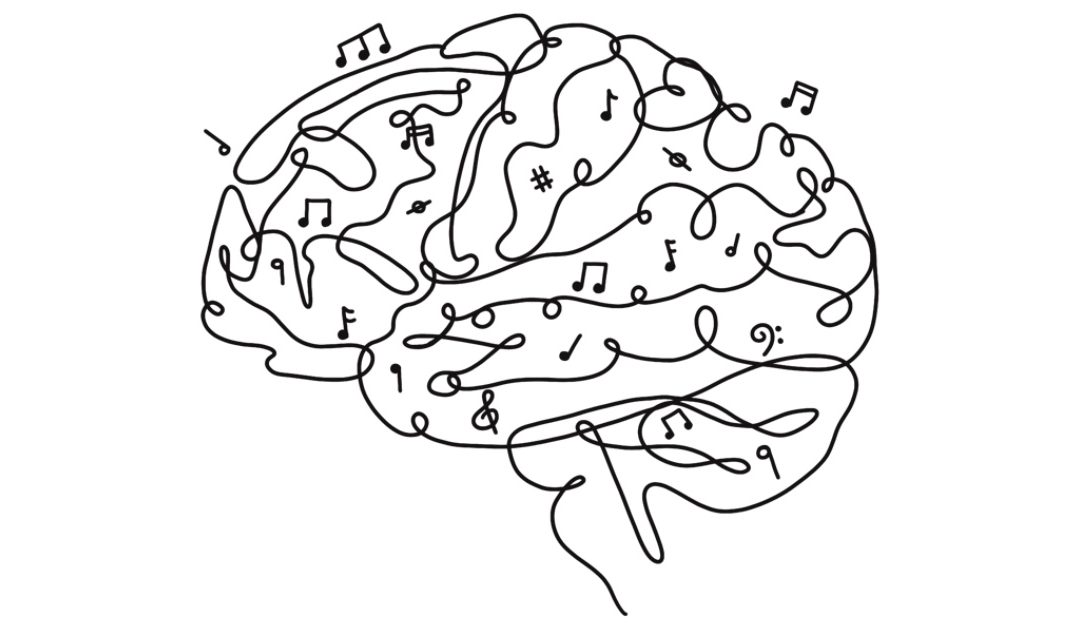“Music is therapy. Music moves people.
It connects people in ways that no other medium can.
It pulls at the heart strings. It acts as medicine.”
Macklemore
Music Benefits
An article from Harvard Health helps us understand how music can improve our well being. As diverse human beings, we are complex, and music reflects those complexities. We have a deep connection to music, which creates a beautiful and complex relationship that impacts us every day.The article lists ways in which music can clearly impact us in everyday life:
- Helping with sleep through soothing playlist
- Finding motivation for exercise or activity with upbeat music
- Aiding self-expression of emotions by singing
- Connecting to others through concerts or fandoms
- And more!
Music Therapy
Music therapy is a medical profession in which active and receptive music interventions are used to achieve physical and emotional health care goals. Goals can range from managing anxiety, finding motivation, decreasing pain perception during medical procedures, and more. While professional music therapy is provided by a certified therapist in a clinical setting, music therapy tools can be used on our own in every day to increase positivity and well-being.
There are three main music therapy tools which can be used in every day life:
- Listening to music
- Playing or learning an instrument
- Singing
Music Therapy Tools
1. Listening to music
Listening to music can be done actively with intention, or passively as background music. Using active listening, music can be used to aid emotions and control energy. Pick a song and use intentional listening to set a mood for yourself. Explore various song lyrics and music genres and observe how it affects your mood and energy.
2. Playing or learning an instrument
Making music actively engages the brain, and can provide many benefits that improve physical, mental, and emotional well-being. Music-making improves cognition, motor skills, expression, and more.
3. Singing
Singing is another tool that includes physical, mental, and emotional benefits. Singing can enhance lung function and breath control, and even improve immunity. Further, singing can boost confidence, aid in self-expression, and release stress and anxiety.
Article Source:
https://www.health.harvard.edu/blog/can-music-improve-our-health-and-quality-of-life-202207252786

